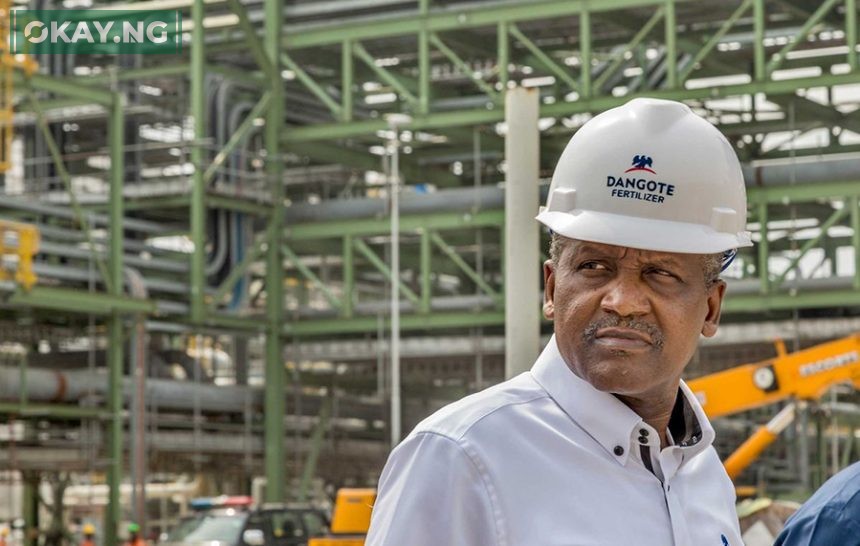Oil & Gas
NIGERIA: DANGOTE'S 'MONSTER' REFINERY FUELS FIGHT OVER GASOLINE SUBSIDIES.
JUMA SULEIMAN

The recent start of gasoline production at Aliko Dangote’s massive oil refinery in Nigeria marks a significant shift for the country, which has long relied on fuel subsidies costing billions. These subsidies have strained the economy and drawn criticism from institutions like the World Bank, which has urged the government to eliminate them to stabilize the naira and improve public finances. However, the prospect of removing the subsidy has consistently triggered public protests, as Nigerians have become accustomed to some of the lowest fuel prices globally.
Dangote has emphasized that the decision to remove the subsidy ultimately lies with the government, noting that his $20 billion refinery must be profitable to succeed. The state-owned NNPC Ltd. has asserted that gasoline prices are not government-controlled, even though they influence national pricing benchmarks. As negotiations continue regarding pricing, Dangote has expressed the need for clarity from a presidential committee that previously engaged with him on these matters.
Despite efforts to establish a more self-sufficient fuel supply, Nigeria's oil sector faces challenges, including underperformance in domestic production and a history of corruption. While Dangote’s refinery is designed to enhance local fuel availability, there are concerns about how it can remain economically viable if fuel subsidies are in place. Analysts argue that a successful subsidy removal could free up funds for critical government spending, but this remains a tough sell in a country grappling with poverty and distrust of its leadership.
As the situation develops, both Dangote and the government are navigating complex dynamics regarding fuel pricing and supply agreements. Recent interactions between Dangote and NNPC have included negotiations about crude supply and the pricing structure for gasoline. With the NNPC now purchasing fuel from Dangote’s refinery, the stage is set for a potential overhaul of Nigeria’s fuel subsidy system, although the outcomes remain uncertain amid ongoing economic pressures and public sentiment.
